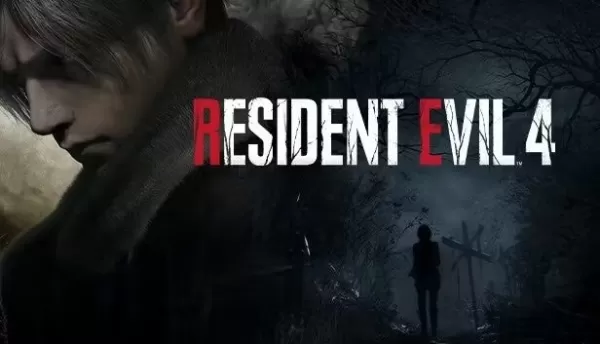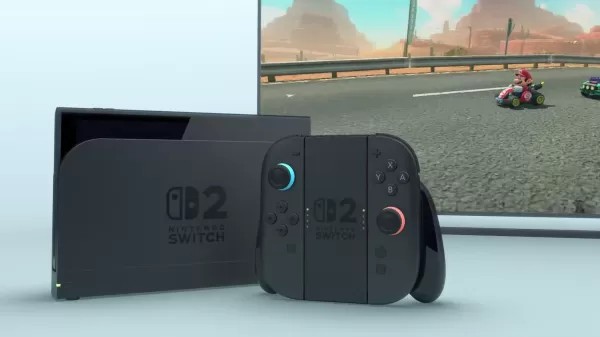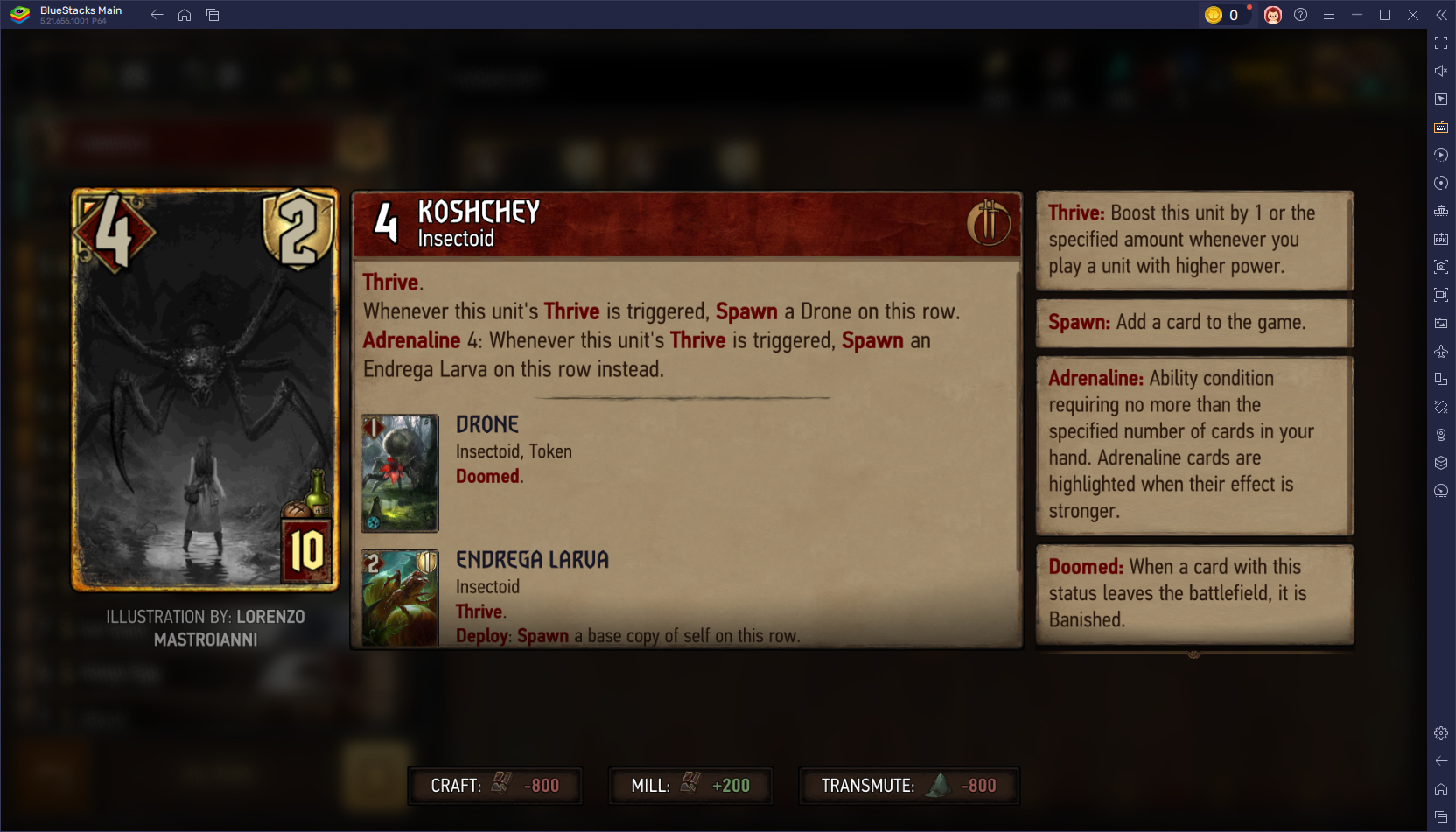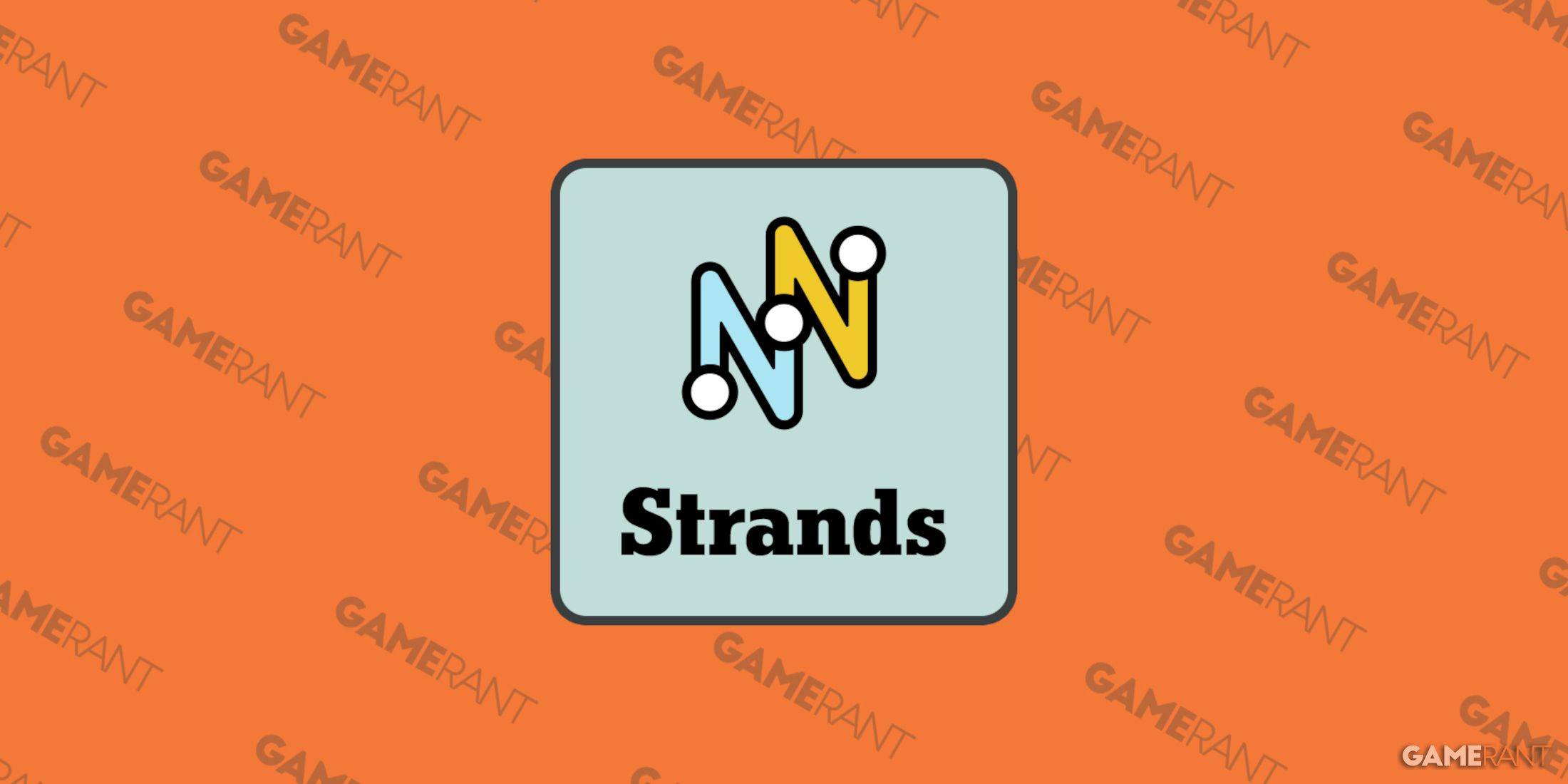Capcom Uses AI to Generate Unique In-Game Environments
- By Jason
- May 18,2025
Capcom, renowned for blockbuster titles like Monster Hunter: World and Exoprimal, is venturing into the realm of generative AI to revolutionize game development. With the escalating costs of creating video games, the industry is turning to AI technologies to enhance efficiency and reduce expenses. Kazuki Abe, a technical director at Capcom, shared insights in an interview with Google Cloud Japan on how the company is harnessing AI to generate the "hundreds of thousands" of ideas required for in-game environments.
Abe highlighted that one of the most labor-intensive aspects of game development is the creation of unique designs for everyday objects like televisions, which demand distinct logos and shapes. "Including unused ones, we ended up having to come up with hundreds of thousands of ideas," Abe stated, emphasizing the scale of creativity needed. Each object requires multiple proposals, complete with illustrations and text to convey the concept effectively to art directors and artists.
To address these challenges, Abe developed a system that leverages generative AI to streamline the process. By analyzing various game design documents, the AI can generate ideas, speed up development, and even refine its outputs through self-feedback. The prototype, utilizing advanced AI models such as Google Gemini Pro, Gemini Flash, and Imagen, has garnered positive feedback from Capcom's internal development teams. Implementing this AI model promises to "reduce costs significantly" while simultaneously enhancing the quality of the game's design.
Currently, Capcom's use of AI is confined to this specific system, ensuring that other critical areas of game development like ideation, gameplay, programming, and character design remain the domain of human creativity. This strategic integration of AI highlights Capcom's commitment to innovation while maintaining the integrity of their game development process.
Latest News
more >-

-
- Star Wars Outlaws Coming to Nintendo Switch 2
- Dec 13,2025
-

-

-

- Trump Tariffs Hit Razer Gaming Laptops
- Dec 12,2025



